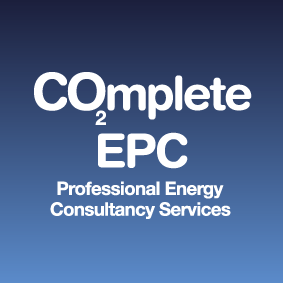Water is a precious resource, especially in urban environments like London, where population density puts pressure on infrastructure and supply. As concerns about sustainability and cost-effectiveness grow, understanding water consumption in homes becomes essential. In this blog, we delve into water calculation essentials for London homes, highlighting how conscious consumption not only saves money but also contributes to resource conservation and environmental sustainability.
Why Water Calculation Matters
- Resource Conservation: London faces water scarcity challenges, exacerbated by population growth and climate change. Calculating water usage allows homeowners to identify areas of inefficiency and implement conservation measures to preserve this valuable resource.
- Cost Savings: With water bills on the rise, efficient water use translates to significant cost savings for homeowners. By understanding consumption patterns and adopting water-saving practices, residents can reduce utility expenses without compromising on comfort or convenience.
- Environmental Impact: Excessive water consumption has environmental consequences, including energy-intensive treatment processes and strain on ecosystems. Calculating water usage helps minimise the ecological footprint of households, contributing to a more sustainable future.
Essential Water Calculation Metrics
- Flow Rates: Measure the flow rates of faucets, showers, and toilets to assess water usage during daily activities. Low-flow fixtures can significantly reduce consumption without sacrificing performance, making them a worthwhile investment for London homes.
- Leak Detection: Conduct regular checks for leaks in plumbing fixtures and irrigation systems. Even minor leaks can waste significant amounts of water over time, impacting both finances and the environment.
- Usage Tracking: Keep track of water consumption using utility bills or smart metering technology. Monitoring usage trends allows homeowners to identify anomalies and implement targeted conservation strategies.
Practical Tips for Water Conservation
- Install Water-Efficient Fixtures: Replace old faucets, showerheads, and toilets with Water Sense-certified models that meet strict efficiency standards. These fixtures use less water without compromising performance, leading to immediate water and cost savings.
- Fix Leaks Promptly: Address leaks as soon as they are detected to prevent water wastage. Check for leaks in toilets, faucets, and pipes regularly, and repair or replace damaged components promptly.
- Practice Water-Smart Habits: Encourage water-saving habits among household members, such as turning off taps while brushing teeth, taking shorter showers, and running full loads in dishwashers and washing machines.
- Harvest Rainwater: Install rainwater harvesting systems to collect and store rainwater for non-potable uses such as watering gardens, washing cars, and flushing toilets. This reduces reliance on municipal water supplies and helps conserve resources.
The Role of Technology
- Smart Metering: Embrace smart metering technology to monitor real-time water usage and identify inefficiencies. Smart meters provide valuable insights into consumption patterns, empowering homeowners to make informed decisions about water usage.
- Water-Efficient Appliances: Invest in energy-efficient appliances with built-in water-saving features, such as dishwashers and washing machines. These appliances use less water per cycle, reducing overall consumption while maintaining performance.
Conclusion
Water calculation is not just about understanding usage—it’s about empowering homeowners to make informed decisions that benefit both their finances and the environment. In London, where water scarcity and rising utility costs are pressing concerns, adopting water-saving practices is more critical than ever. By implementing water-efficient fixtures, addressing leaks promptly, and embracing smart technologies, residents can reduce water consumption, save money, and contribute to a more sustainable future for London and beyond. Let’s strive for a city where every drop counts, and where conscious consumption is the norm.





